One day, Rabbi Barbara Speyer went to a Los Angeles-area nursing home to provide emergency chaplaincy services — spiritual comfort and care — to a dying patient. When she arrived, the administrator said to her, “Why do you guys charge for this? This should be voluntary!”
Speyer was not on staff with the facility, and her schedule is more than full. She works full time as a chaplain at the Veteran’s Administration Hospital and serves on the Red Cross Disaster Team. She is also a community chaplain with the Board of Rabbis of Southern California, which is the hat she was wearing when she went that day to the nursing home.
“When your dishwasher breaks, don’t you call a plumber?” Speyer responded to the administrator. She had driven out to the Valley in Friday morning traffic for a fee that would barely cover the cost of her mileage, and she couldn’t believe the administrator’s attitude, although it was one she had encountered many, many times before.
“Why is spiritual counseling something you should give for free?” she said recently. “People feel as Jews, we’re supposed to care for one another. But we have multiple needs in the community, and people do not understand what is involved in maintaining and sustaining a Jewish community.”
Indeed, the Jewish community has many needs that require funding, manpower and programming, and they are often called “crises”: There is the Israel crisis, the intermarriage crisis and the disengaged youth crisis.
But the one crisis hardly spoken of is the aging crisis: Some 23 percent of the Jewish population nationally is older than 60, compared to 16 percent in the general population, according to the National Jewish Population Survey 2000-2001. In Los Angeles, between 1979 and 1997, (the last survey of Los Angeles’ Jewish population), for example, the number of Jews older than 65 grew from 11.1 percent to 20.4 percent. Put simply, the Jewish community is aging rapidly — and not necessarily healthfully, as medical advances in areas such as chemotherapy and kidney dialysis prolong life spans, while also sometimes adding extra years spent in hospitals, nursing homes, under medical treatment.
Who will provide spiritual care for the needy?
The crisis, for those involved, like Speyer, who is past president of the National Association of Jewish Chaplains, is not merely physical care — Medicare is a benefit afforded these people — her concern is the huge gap in provisions for another very important kind of sustenance.
“There is very little spiritual care being ministered to those who are in need,” she said. “I mean, we all need spiritual care. We have a large society of the elderly who spend their time alone,” either at home or in nursing homes and often not affiliated with any synagogues or religious organizations. “No one is attending to the needs of these people.”
“People are becoming more aware that there is more than just the curing process. There’s also the healing process that must go on with a patient and his or her family,” said Cecile Asikoff, national coordinator of the association, the umbrella organization for national and international professional Jewish chaplains, totaling some 300 members. A chaplain is a spiritual counselor who provides guidance, comfort and care to people in institutions — hospitals, nursing homes, prison and the military, and the National Association of Jewish Chaplains sets standards and can qualify Jewish chaplains.
“An important element in the healing process is the spiritual process. The healing process can be helped by confronting the spiritual issues of, ‘Why me, why now?'” Asikoff said.
Which is where the chaplain comes in — or should come in — to offer spiritual guidance and counseling, to sit with the patient and his or her family.
“A person is not just his or her disease any more than he or her eye color. The disease is part of who the person is. Part of the pastoral piece is helping people come to terms with very difficult, life-threatening or life-ending conditions, the piece of transitioning from one place in life to another place in life, the elderly, the transitioning piece of hospice, those are all pastoral pieces that are not outside his or her illness or medical condition,” Asikoff said.
In 2002, The Jewish Federation of Greater Los Angeles published a study, “Services to Jews in Institutions,” originally sparked by the United Way’s elimination of a prison chaplaincy program. The 42-page study was divided into two parts: “Jews in Prisons,” and “Jews in Hospitals and Nursing Homes.” Although the first part sparked the study, the second half was what attracted people’s attention.
“There is a significant shortage of trained volunteers, chaplains and others to meet the needs of those in hospitals, nursing homes and hospice. Not enough professionals are entering and remaining in these fields,” the study reported.
This is something that people like Asikoff and Speyer know very well: Many elderly and sick Jews need spiritual care and are not receiving it. And there are not enough people who can provide it.
The concept of chaplaincy originated among the Christians, though, bikur cholim (visiting the sick) is considered one of the most important mitzvahs in the Torah.
Historically, members of a Jewish community and rabbis have attended to sick people. But these days, for many of the unaffiliated sick — and even those who are affiliated — a rabbi’s time is often not sufficient to provide real care.
Rabbis often serve vast communities and with those communities come myriad other obligations, like weddings, bar mitzvahs, speeches, functions, counseling and fundraising. Often rabbis have time only to visit the terminally ill and even then not on a regular basis.
Still, with equal rights for all religions, the demand has been increasing. Many institutions have begun to seek out Jewish, as well as Christian ones, and, of late, Muslim, Buddhists and many other religions. And the requirements are stringent: A professional chaplain today must be board certified, having completed 1,600 hours of clinical pastoral education working at a hospital or institution.








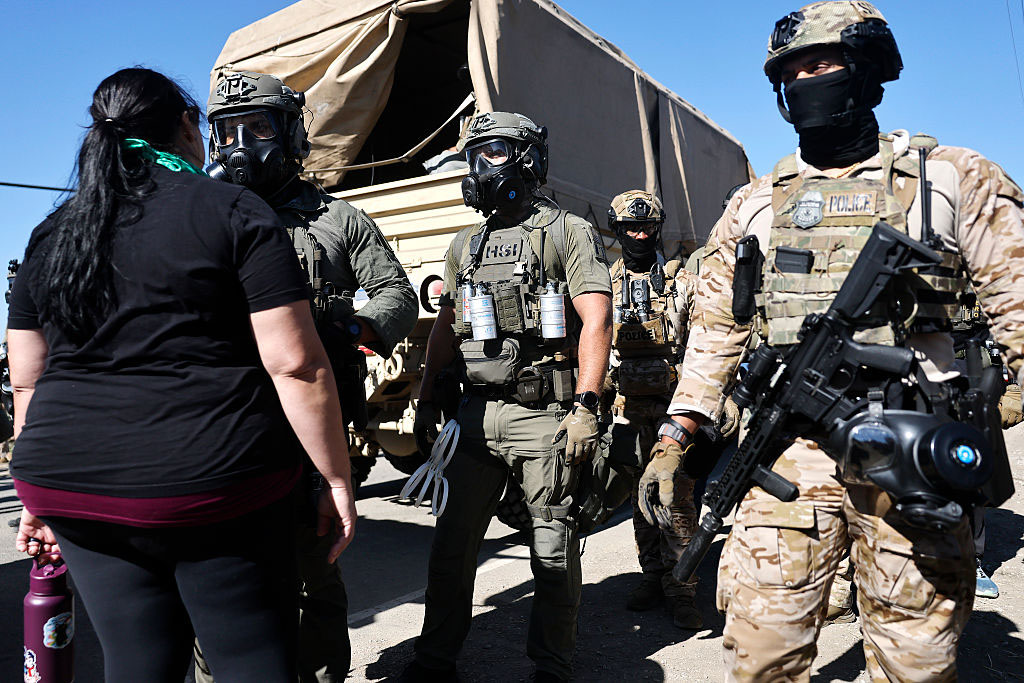



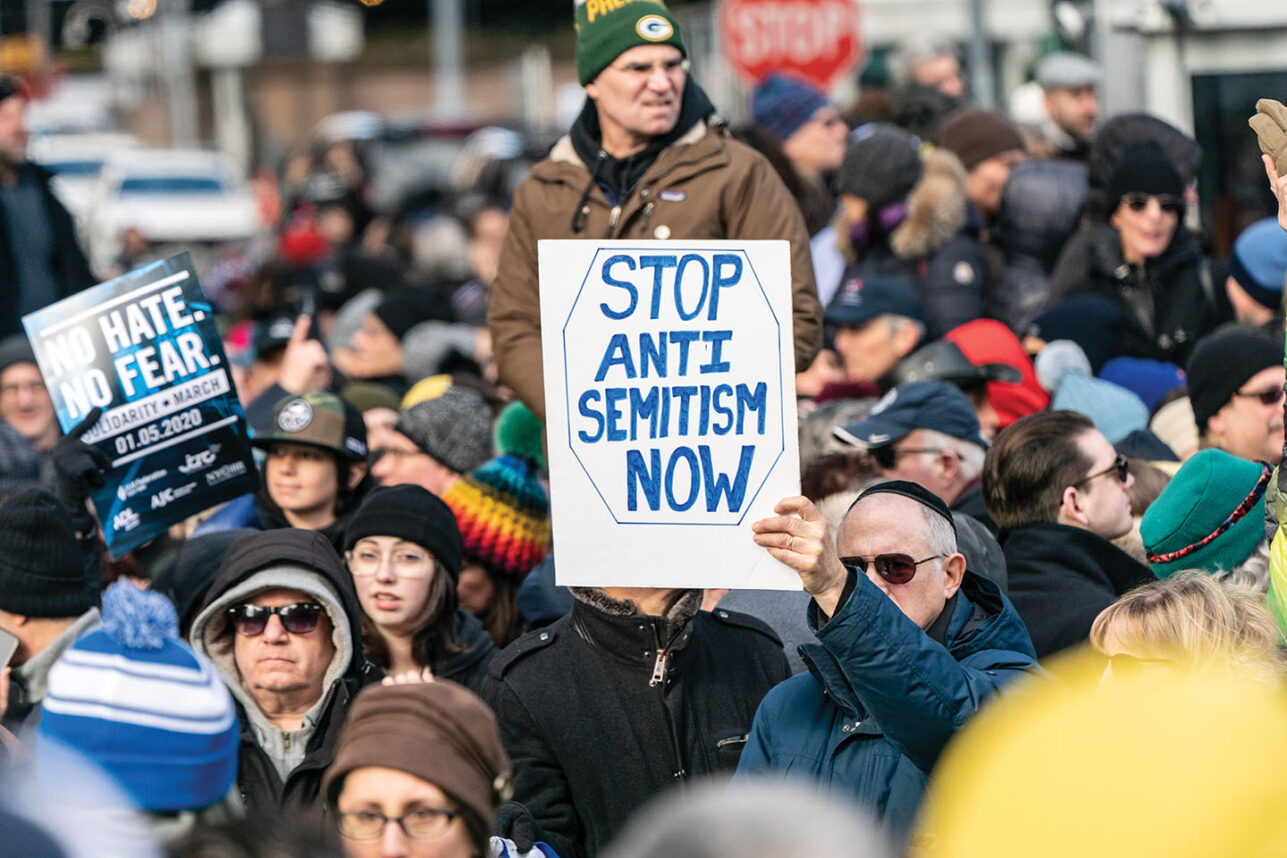









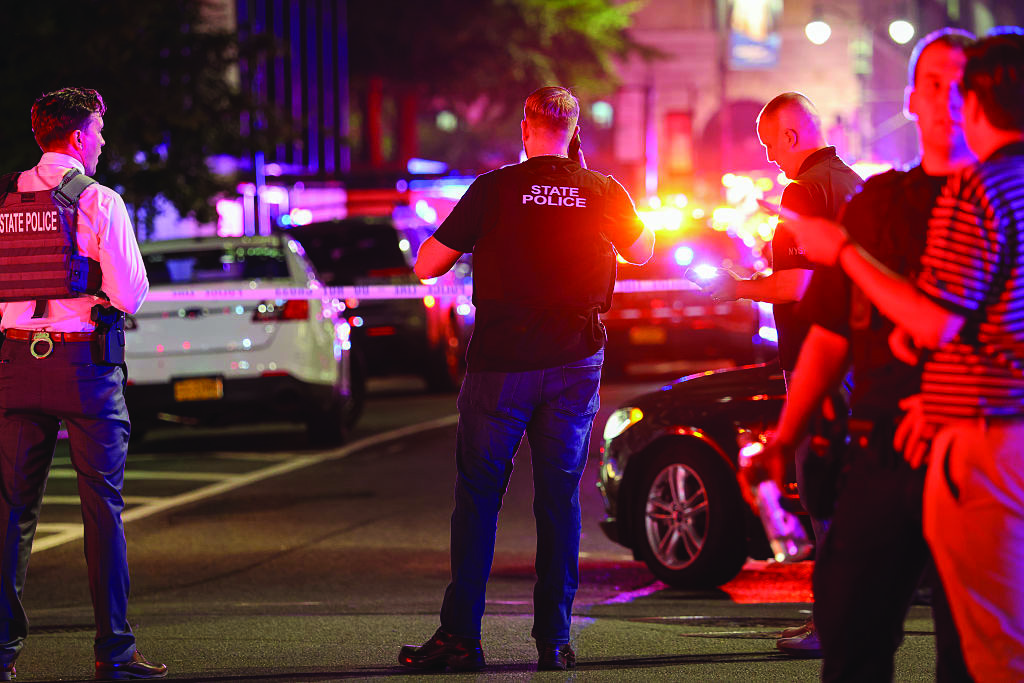




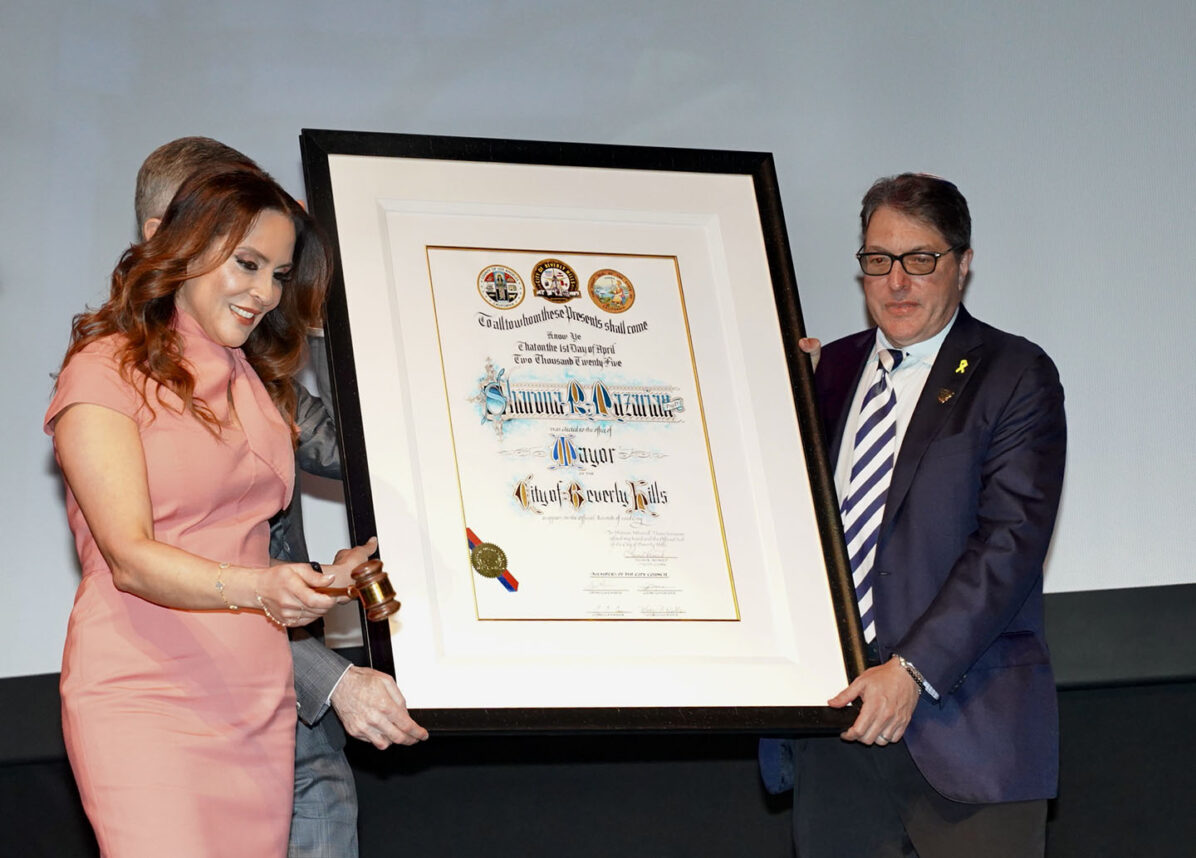
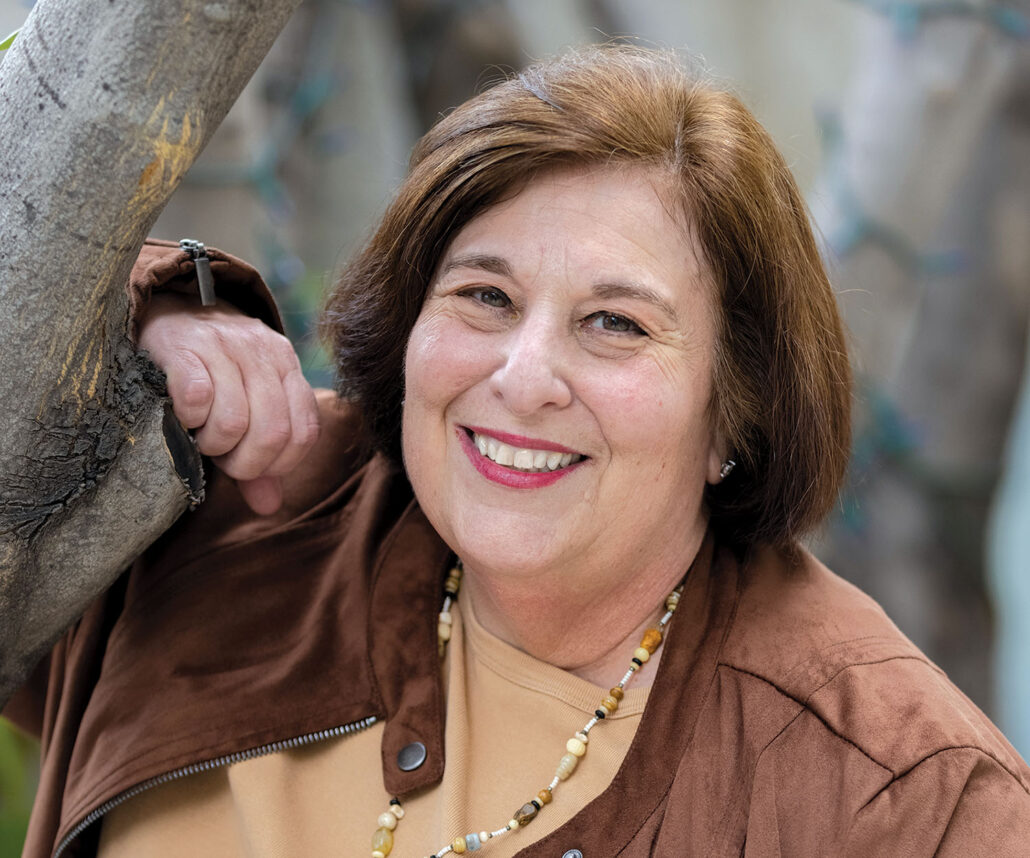




 More news and opinions than at a Shabbat dinner, right in your inbox.
More news and opinions than at a Shabbat dinner, right in your inbox.